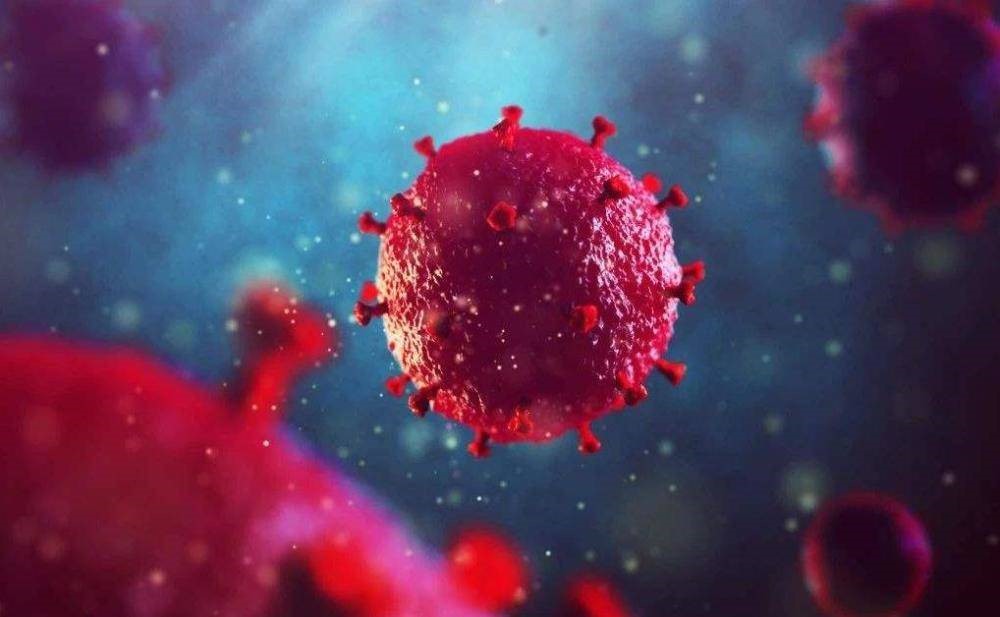A study of more than 5,000 genetic sequences of the coronavirus conducted in Houston shows that the virus mutating, which may be making it more contagious, Washington Post reported on Wednesday.

(Photo: agencies)
The study, however, did not find that these mutations have made the virus deadlier or changed clinical outcomes. All viruses accumulate genetic mutations, and most are insignificant, scientists say.
"We have given this virus a lot of chances," said James Musser, study author of Houston Methodist Hospital. "There is a huge population size out there right now."
Every mutation is a roll of the dice, and with transmission so widespread in the US, the virus has had abundant opportunities to change, potentially with troublesome consequences, Musser said.
David Morens, a virologist at the National Institute of Allergy and Infectious Diseases and senior adviser to Dr. Anthony Fauci, said the findings point to the strong possibility that the virus, as it has moved through the population, has become more transmissible and contagious.
"Wearing masks, washing our hands—all those things are barriers to transmissibility, or contagion. But as the virus becomes more contagious, it statistically is better at getting around those barriers," Morens said.
Given the changes to the genetic code of the virus, one key conclusion of Musser's is that the US is not sequencing the virus nearly enough, if scientists want to be able to anticipate what the virus will do next.
While some mega-cities like Seattle and Boston are also doing a great deal of sequencing, the US as a whole is missing many areas — and many potential virus variants as a result. Even in Houston, the study estimates that only about 10 percent of known coronavirus cases have been sequenced.
(Compiled by Chen Xinan)


